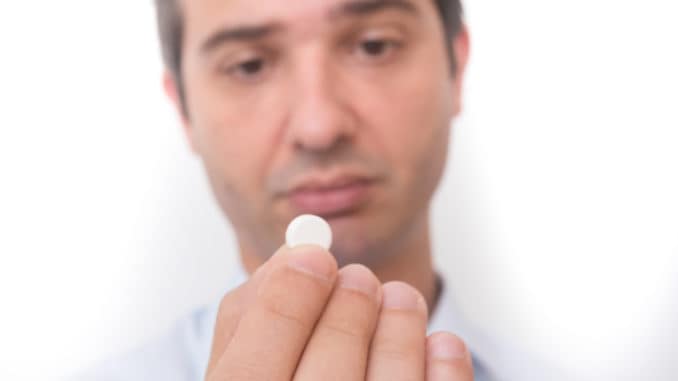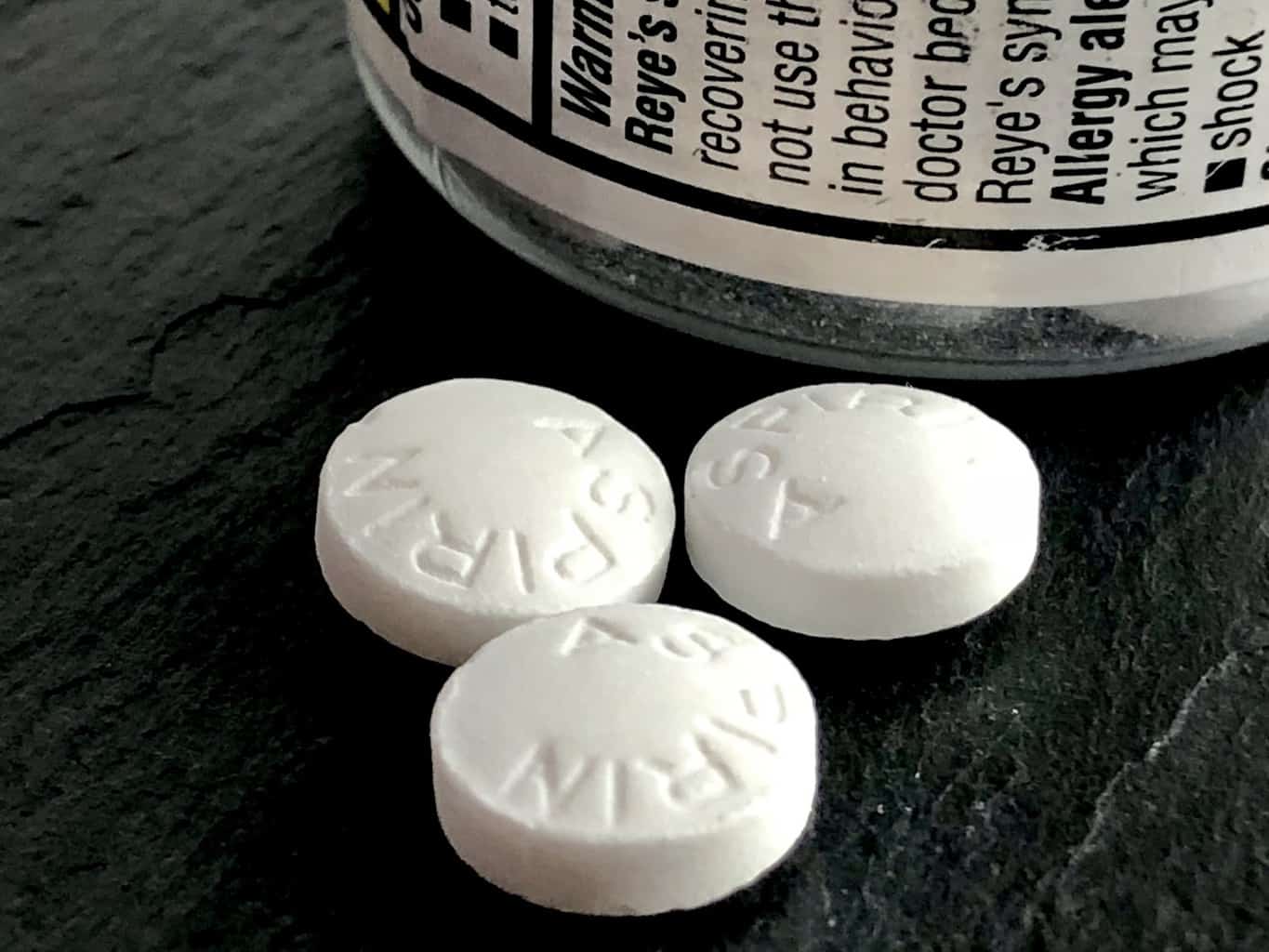
Why men fall apart and how taking aspirin the right way may be a remedy or even a cure…

—-Important Message—-
Revolution: new breakthrough — pleasurable intercourse for 30 minutes or an hour
Men think that testosterone is the most important hormone for “rockiness” but it’s not.
No, there is another hormone that creates strong rigid ones in men — it’s oxytocin…

But…oxytocin HAS to be made naturally in the body. It cannot be supplemented.
So…I found a way to CREATE oxytocin in your body, naturally. You can enjoy the most amazing intercourse imaginable…
So how do you naturally increase oxytocin for bigger, fuller, longer-lasting rockiness? I found a way…
The answer is here (and it’s free).
———-
The claim: aspirin strengthens bones — true or false?
Today I want to discuss a frequent cause of death and aging — frailty.
Frailty is a medical term used to describe some of the health problems that are common in older age.
The term includes unintentional weight loss, exhaustion, weakness, slow walking speed, and low physical activity.
Frailty greatly increases the risk of falls, disability, hospitalization, and death.
It is a major reason why people end up living in assisted care facilities.
And why they die in nursing homes.
But there is a lot of debate about the causes of frailty. Many claim it is simply a natural process of aging.
But it is not. Frailty is preventable, and without frailty I can’t see a reason not to live to 100, 110 or even 120 years old.
Because more and more evidence is accumulating that shows frailty can be prevented.
One of the most powerful ways to prevent frailty is, I think, aspirin.
Aspirin seems to lower the risk of frailty in older men.

This human research took place at Harvard Medical School. Innovative Aging published the results.
To see how aspirin works, you need to know that chronic inflammation in the body causes the breakdown of muscles and bone.
And aspirin may reverse inflammation.
Remember: Chronic inflammation is a catabolic process – this means that it can cause wasting of body tissues.
“Chronic inflammation may lead to frailty.”
So then, could anti-inflammatory medications lower the risk of frailty?
“The potential for anti-inflammatory medications such as aspirin to prevent frailty is unknown.”
To answer this question, researchers re-analyzed a large human study that started in the early 1980s.
“We conducted a cross-sectional cohort of 12,101 participants ≥60 years [of age] in the Physicians’ Health Study I, a completed aspirin randomized controlled trial.”
The first participants were enrolled in the study in 1982. Enrollment continued for a few years after that.
All of the participants of the trial were men.
During the course of the study, researchers collected a lot of information on the participants.
The research included detailed collection of information relating to aspirin use.
The participants were split into three groups according to their aspirin usage.
“Average frequency of aspirin use was summed into 3 categories: <60 days/yr, 60–180 days/yr, and >180 days/yr.“
17 years after the beginning of the trial the researchers collected information on frailty in the participants.
“Frailty was assessed using a 33-item index administered in 1999.”
Then the researchers then analyzed the relationship between aspirin use and the prevalence of frailty.
“Logistic regression models estimated odds of prevalent frailty as a function of average aspirin use.”
At the final assessment, the average age of the participants was 70 years old.
“Median age was 70 years ( age range 60-101).”
20% of the participants of the trial were diagnosed as suffering from frailty.
The researchers compared the aspirin users to the non-aspirin users.
People who used aspirin for more than 180 days per year had a 13% lower risk of developing frailty.
People who used aspirin for 60 to 180 days per year had an 8% lower risk of becoming frail.
“The odds risk of prevalent frailty were 0.87 and 0.92.”
And the duration of aspirin use was an important factor.
People who used aspirin long term had a lower risk of frailty than less frequent users.
I also think the numbers would be more striking if they evaluated the study by dose. Many of these men took only a baby aspirin, and that may not be enough to prevent frailty.
Even so, the result was significant statistically, when the researchers took into account other factors known to affect frailty.
“Long-term frequency of aspirin use may be inversely associated with the prevalence of frailty among older men – even after consideration of multimorbidity and health behaviors.”
The results lend support to the theory that lowering inflammation could reduce the risk frailty.
Aspirin is one of the most versatile anti-inflammatory medications ever developed.
Aspirin can also lower the risk of many other diseases related to inflammation, such as, cancer, Alzheimer’s and Parkinson’s.
You should always consult a healthcare practitioner about diagnosing and treating any health problems.
—-Important Message About Inflammation in Men—-
Inflammation in your gut causes a limp member — here’s what gets rid of inflammation (for good) and strengthens “rockiness”
Believe it or not, high levels of inflammation in the body give men a weak, limp member…
And you know what causes this widespread inflammation in the body?
High estrogen levels.
Because estrogen in high amounts is like poison for men. It inflames the cells.
However… if we can lower estrogen, we can lower inflammation and start to enjoy good, strong, rigid “rockiness” again.
———-

LONG-TERM ASPIRIN USE IS ASSOCIATED WITH A LOWER PREVALENCE OF FRAILTY IN MEN: THE PHYSICIANS’ HEALTH STUDY
https://academic.oup.com/innovateage/article/2/suppl_1/90/5170097
